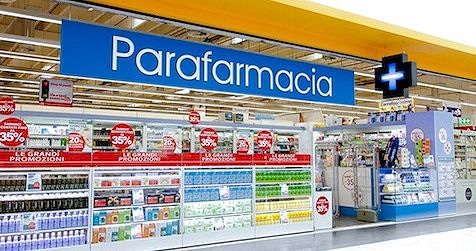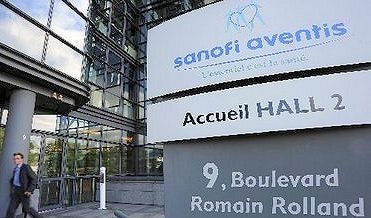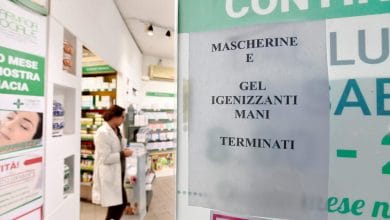
Parapharmacies could be authorized to sell all medicines in range C, without prescription, or only generic medicines equivalent to those in range C.
Saturday, 13 December 2014 – Pharmacist33
 Judging by the latest rumors about the contents of the latest draft of the Competition law for pharmacies, it's not looking good. The Government, in fact, really intends to make substantial interventions in the sector, aimed at "increasing competition in pharmaceutical distribution".
Judging by the latest rumors about the contents of the latest draft of the Competition law for pharmacies, it's not looking good. The Government, in fact, really intends to make substantial interventions in the sector, aimed at "increasing competition in pharmaceutical distribution".
We begin with one of the most discussed chapters, namely the sale of class C drugs in parapharmacies. The two options contained in the latest draft, in fact, specify how parapharmacies could be authorized to sell all the drugs contained in range C, without a prescription, or only generic medicines equivalent to those in range C.
But it doesn't end there. The Government's intention is to intervene both on the number of pharmacies and on the maximum limit of licenses for the pharmacy owner. As for the number of pharmacies, the intention seems to be to transform, as announced, "the current maximum number into a minimum number". The law provides that at the law 475 of 2 April 1968 after the words "a pharmacy" the word "at least" is inserted.
The new text, therefore, reads "the number of authorizations is established so that there is at least one pharmacy for every 3,300 inhabitants". As for licenses, the intention is to cancel the limit of four that each holder can have in the same province where the company is based. Another intervention aimed at reducing the limits for the opening of new pharmacies.
Thus, paragraph 4bis of thearticle 7 from the law 362 of 8 November 1991: "Each of the companies" owner of the pharmacy exercise "may be the owner of the exercise of no more than four pharmacies located in the province where it has its registered office".
The last piece inserted by the Government in the draft of the Competition bill concerns generic medicines, equivalent to those whose patent or complementary protection certificate is about to expire, which, contrary to what is now envisaged, can be classified as paid medicines of the National Health Service.
"During the periodic updating of the National Pharmaceutical Handbook" reads the provision which is requested to be deleted, "medicines equivalent, in accordance with the law, to medicinal products whose patent or complementary protection certificate is about to expire cannot be classified as medicines paid for by the National Health Service with effect prior to the expiry date of the patent or of the complementary protection certificate, published by the Ministry of Economic Development pursuant to the provisions of the law in force".
It is a draft and the ministry has not yet confirmed it, but the moment of truth is getting closer.
Marco Malagutti

 Index of liberalizations 2014: UK in the lead, Greece last, Italy at 66%
Index of liberalizations 2014: UK in the lead, Greece last, Italy at 66%



